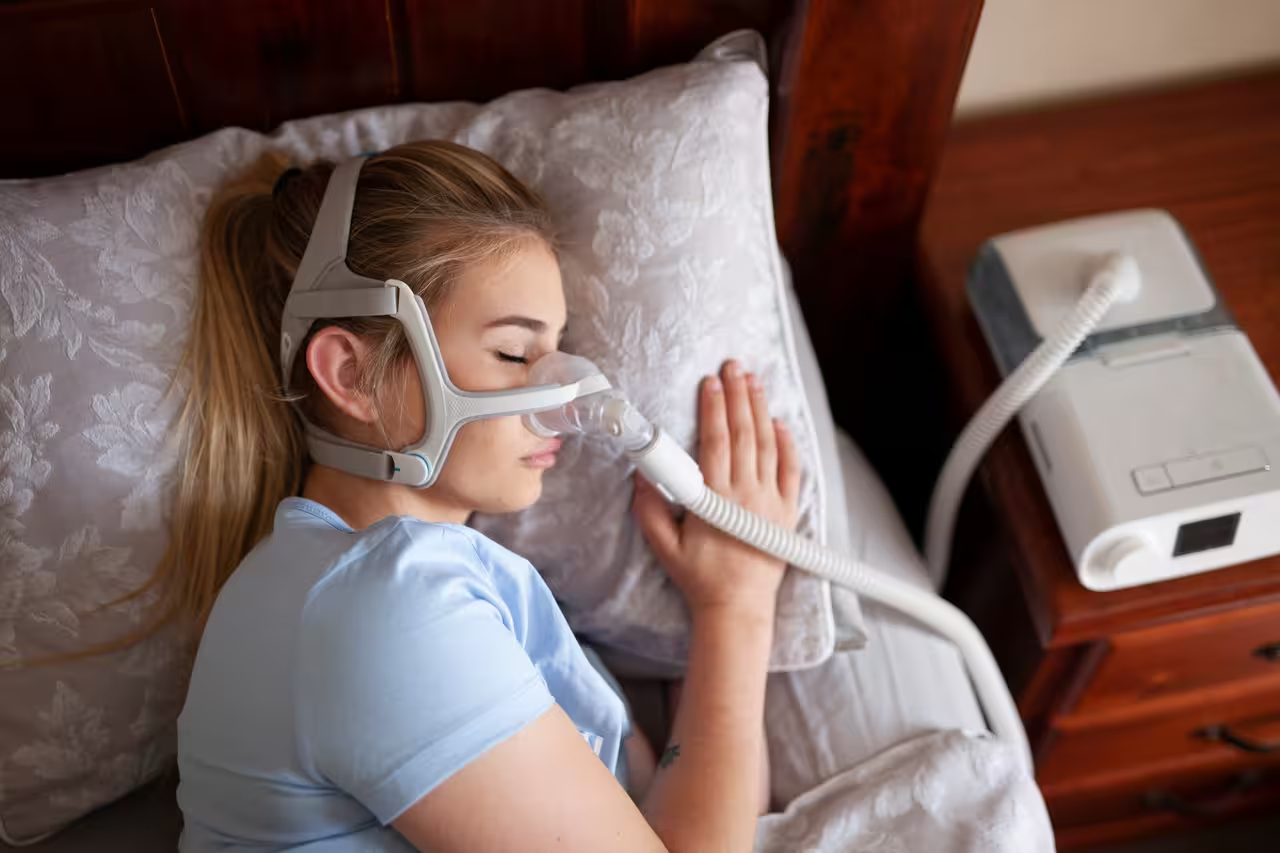Sleep Apnea Treatment in Hawthorne, CA
Customized Solutions for Better Sleep and Health
Interrupted sleep, heavy snoring, and daytime fatigue may be more than an inconvenience—they could be signs of sleep apnea. At Schnierow Dental Care, we provide advanced Sleep Apnea Treatment to help patients breathe easier, rest more soundly, and protect long-term health. Using custom snore guards and oral appliances, we offer an effective alternative to bulky CPAP machines.


Sleep Apnea Treatment FAQs
Question text goes here
Answer text goes here
How do I know if I need Sleep Apnea Treatment?
If you experience loud snoring, morning headaches, or daytime fatigue, you may benefit from an evaluation. A sleep study can confirm diagnosis.
Are snore guards the same as sleep apnea appliances?
Not exactly. Snore guards reduce vibrations that cause snoring, while sleep apnea appliances reposition the jaw to maintain open airways.
Can children be treated for sleep apnea?
Yes. Pediatric dentistry often addresses airway issues, and our Pediatric Dentistry services include evaluation for breathing concerns.
Does insurance cover dental sleep apnea devices?
Coverage varies by plan. Our office accepts most PPO insurance, Medi-Cal/Denti-Cal, and offers financing options to make treatment affordable.
What happens if sleep apnea is left untreated?
Beyond poor sleep, untreated apnea can increase risks for serious health conditions like heart disease and diabetes.

Take the First Step Toward Restful Sleep
Don’t let snoring or fatigue control your life. Contact Schnierow Dental Care today at (310) 377-6453 or request an appointment online. Explore additional preventive services, such as General Dentistry, to keep your smile and overall health strong.
Phone
Office Info
- Open Late & Saturdays
- Se habla español
.avif)
